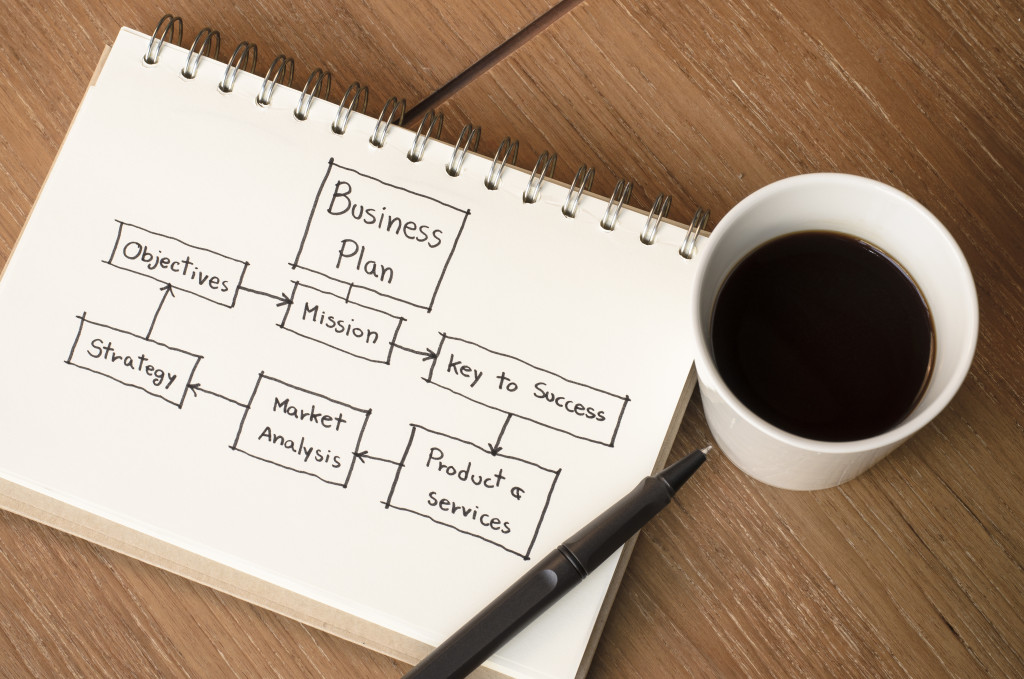The construction sector is one of the most profitable industries today. However, it’s also one of the toughest business sectors. In an article published by Dodge Data Analytics, the forecast for construction projects can slip to nearly $780 billion, a decline of 4 percent from last year’s estimated level of activity. Also, experts emphasize that many more than 63 percent of construction companies close within the first five years.
Some of the reasons startups fail include wrong expectations, a lack of business knowledge or strategic planning, and mismanagement. Just like any other business, you need a concrete plan to minimize the risks. If you’re an entrepreneur, one of your primary roles is to identify the possible roadblocks and provide the best solutions for each.
1. Be Familiar with the Local Market
The first thing that you need to find out is whether a construction business is an ideal investment in your area. Just because it works in some locations doesn’t mean that it will work for you. This is why every business must conduct an in-depth feasibility study.
Start with market research. Are there any other local construction businesses within the community? Learn about the demographic. Who are your potential customers? What is the current economic status of your prospect area? Knowing these things will help you develop the best approach for your business.
2. Choose Your Specialization
Construction is a broad industry. You have several options to set up your business. The simplest way is to start as a supplier. You can build your local hardware store and offer some of the necessary construction equipment. On the other hand, you can also expand your services by reaching out to other key industries like real estate or mining sites.
These sectors usually look for drilling equipment like rotary machines, casing shoes, piston drill, and many more. These are just some of the options you can explore, but if you think that you can start a full-service construction company, then you can work on a new business plan.
3. Work on the Business Plan

Once you have a good understanding of your target market or niche, you can create a business plan. Start with your business goals. Be sure that your objectives are clear, realistic, and measurable. You should also provide a timeline for each item so that you can easily track your progress.
Your business plan should also cover your cash-flow and source funding. Discuss your finances briefly. Consider hiring a professional financial advisor for more accurate data.
Here’s a breakdown of a standard construction business plan:
- Business model or structure
- Scope of your services (provide more details)
- Industries you plan to bid for
- Target market
- >Starting workforce
- Marketing strategies
- The initial estimated cost of starting the business
- Target revenue in your first year
Again, it’s advisable to work with a professional consultant. As much as possible, hire someone with CPA credentials.
4. Obtain the Necessary Permits
Documents and other processes depend on your location. Take a trip to the local municipal office for the papers. Consider hiring legal counsel to avoid violating any state law. Other than business permits and tax policies, you should inquire about the safety standard plan and contractor’s licensing.
These are just some of the things to consider when starting a construction business. Again, always do your research and hire a consultant to help you with the legal process.
